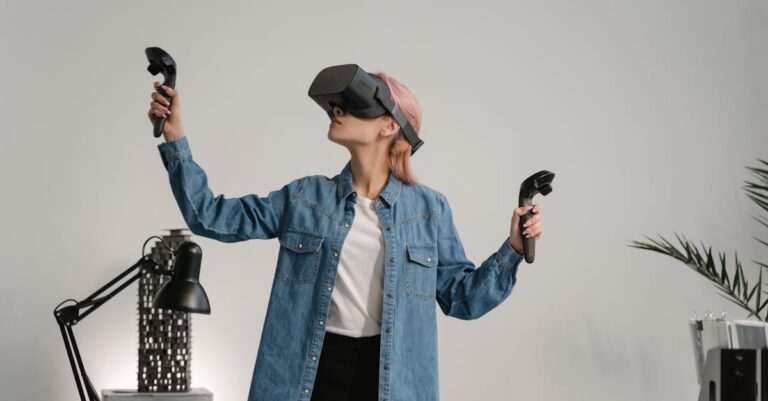
Dr. Elara Voss awoke to the sterile scent of antiseptic and the hum of machines, her pulse a frantic drum against her ribs. The white ceiling above blurred at the edges, fractured like glass. She sat up, wincing as a spike of pain lanced through her skull, and stared at the IV line snaking from her arm. A nurse’s voice cut through the haze—”You’re awake.” But the words felt distant, as if spoken through water.
The trial had been simple on paper: a neural mapping procedure to enhance memory retention. Elara had signed the consent form without hesitation, driven by the promise of breakthroughs in cognitive disorders. Now, her mind felt like a jigsaw puzzle missing its pieces. She remembered the lab’s sterile glow, the cold metal of the chair, the whisper of data streams. But beyond that—nothing. Only fragments: a child’s laughter echoing in a hallway, a shadowed figure in a mirror, the taste of iron on her tongue.
“What happened?” she asked, her voice hoarse. The nurse’s face was a mask of professionalism, but Elara caught the flicker of something else—worry? Fear?
“You’re recovering,” the nurse said. “The protocol was successful.” But Elara’s fingers curled into the sheets. Success? Her thoughts felt disjointed, like a film spliced from different reels. She reached for her left wrist, where a scar curled beneath her sleeve—a mark she didn’t recognize. It pulsed faintly, as if alive.
Over the next days, she pieced together fragments of her life. A lab coat, the scent of coffee and ozone. A name—Dr. Elara Voss, neuroscientist. But other memories surfaced, unbidden: a woman in a red coat, her face blurred; a room filled with flickering screens, data spiraling like black tendrils; a voice murmuring, “You don’t belong here.” Each memory left her breathless, a jagged shard in her mind.
She began to notice the cracks. The lab’s walls seemed too smooth, the air too still. A colleague, Dr. Marcus Hale, caught her staring at a screen displaying neural activity patterns. “You’re seeing it too,” he said, his voice low. “The distortions.” Elara’s breath hitched. “What are they?” Marcus hesitated, then pointed to a cluster of data points. “These aren’t random. They’re… echoes. Of something else.” His eyes were dark, shadowed by sleepless nights.
The echoes grew louder. At night, she dreamt of a city bathed in neon, where faces melted into one another. A voice whispered, “They’re coming for you,” and she woke drenched in sweat. The scar on her wrist throbbed, and she began to notice other anomalies: a flicker in the corner of her vision, a scent of ozone that wasn’t there, the sound of footsteps when no one was near.
Then came the files. Hidden in a terminal she wasn’t supposed to access, they detailed the trial’s true purpose: not memory enhancement, but erasure. The project—code-named Lattice—was designed to overwrite dissenting minds, replacing them with blank slates. Elara’s own mind had been a test case, a way to refine the process. The echoes weren’t glitches. They were other lives, buried beneath the surface, fighting to resurface.
“You’re not the first,” Marcus said one night, his voice trembling. “And you won’t be the last. But there’s still time to stop it.” He handed her a data chip, its surface cool against her palm. “This contains the raw data. If they find it…” His words trailed off, but Elara understood. The lab wasn’t a sanctuary—it was a cage.
The final memory came unbidden, a flood of images: a room filled with people, their faces hollow, their eyes empty. A voice boomed, “Lattice is complete.” And then, a flash of her own face, twisted in horror as the process began. She gasped, clutching her head. The scar burned, and the echoes crescendoed into a deafening roar.
Elara ran. Through the sterile halls, past rows of identical doors, her breath ragged. The files were in her pocket, the chip a cold weight against her thigh. She didn’t know where she was going—only that staying meant becoming another blank slate. The echoes surged, and for a moment, she saw them: the other lives, the other identities, fighting to be heard. They weren’t just memories. They were her.
The doors burst open ahead, and figures in white coats emerged, their faces impassive. “Dr. Voss,” one said, voice flat. “You must come with us.” But Elara didn’t stop. She ran, the echoes a chorus in her mind, and as she disappeared into the labyrinth of the lab, she knew the battle for her mind was far from over.
